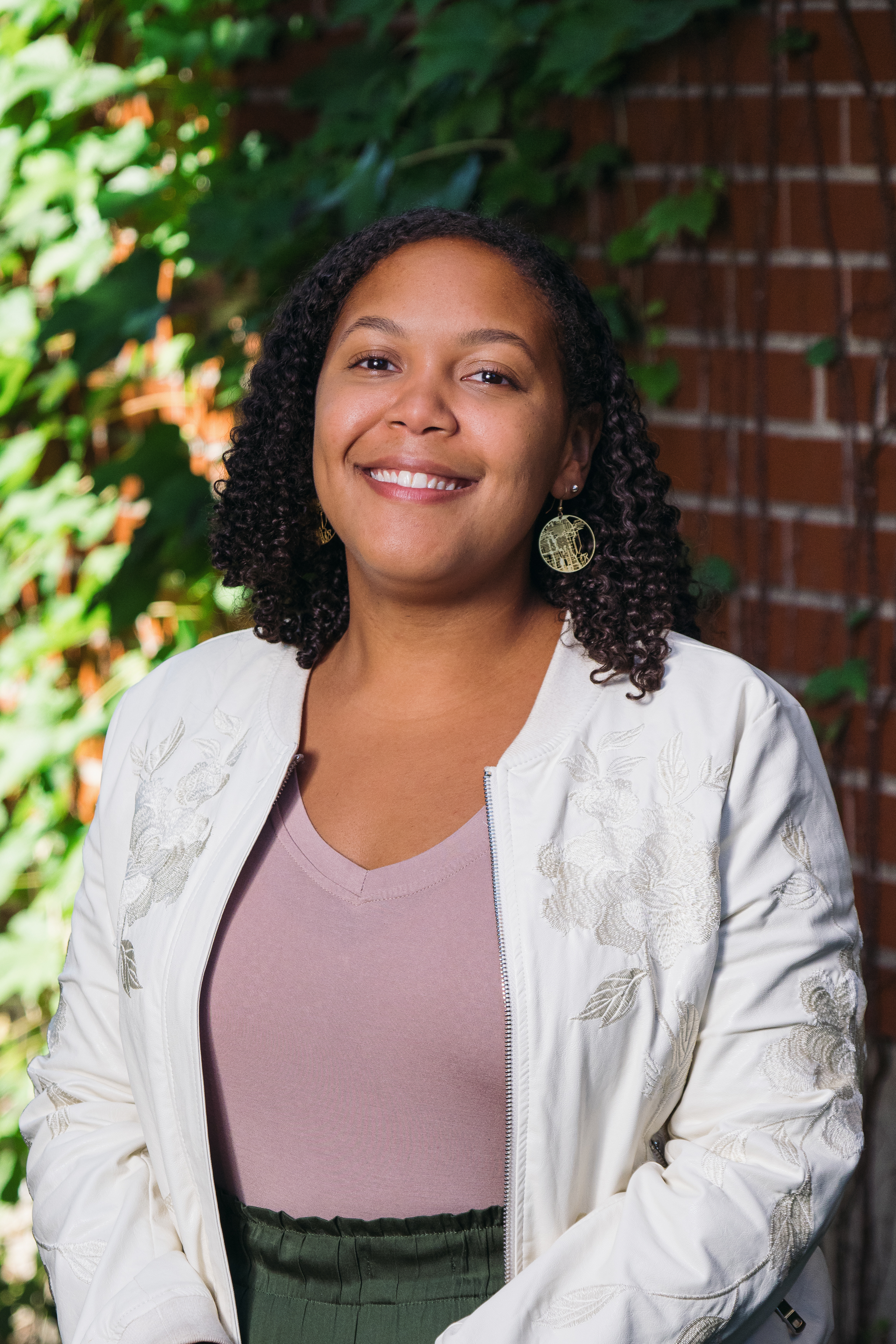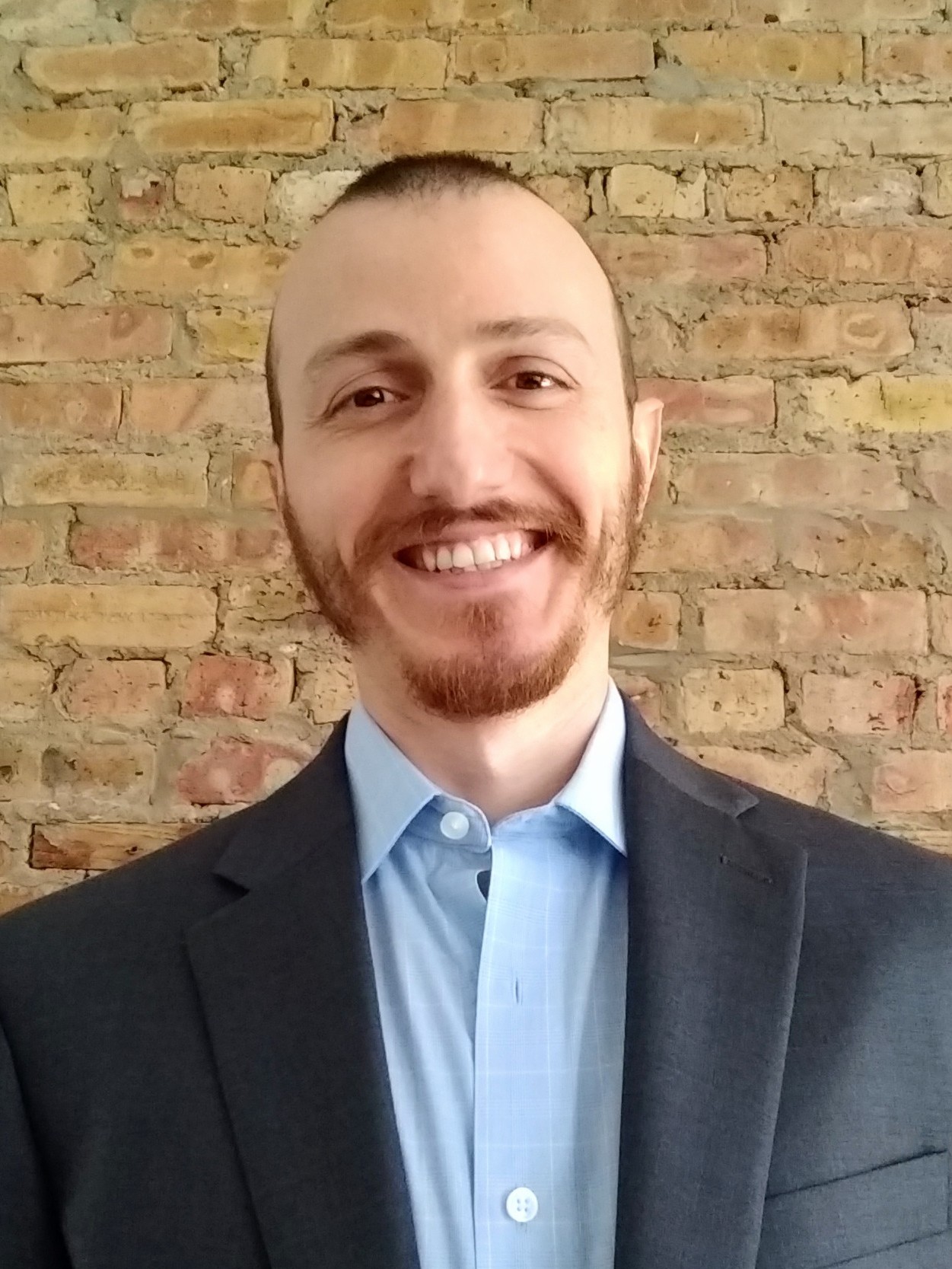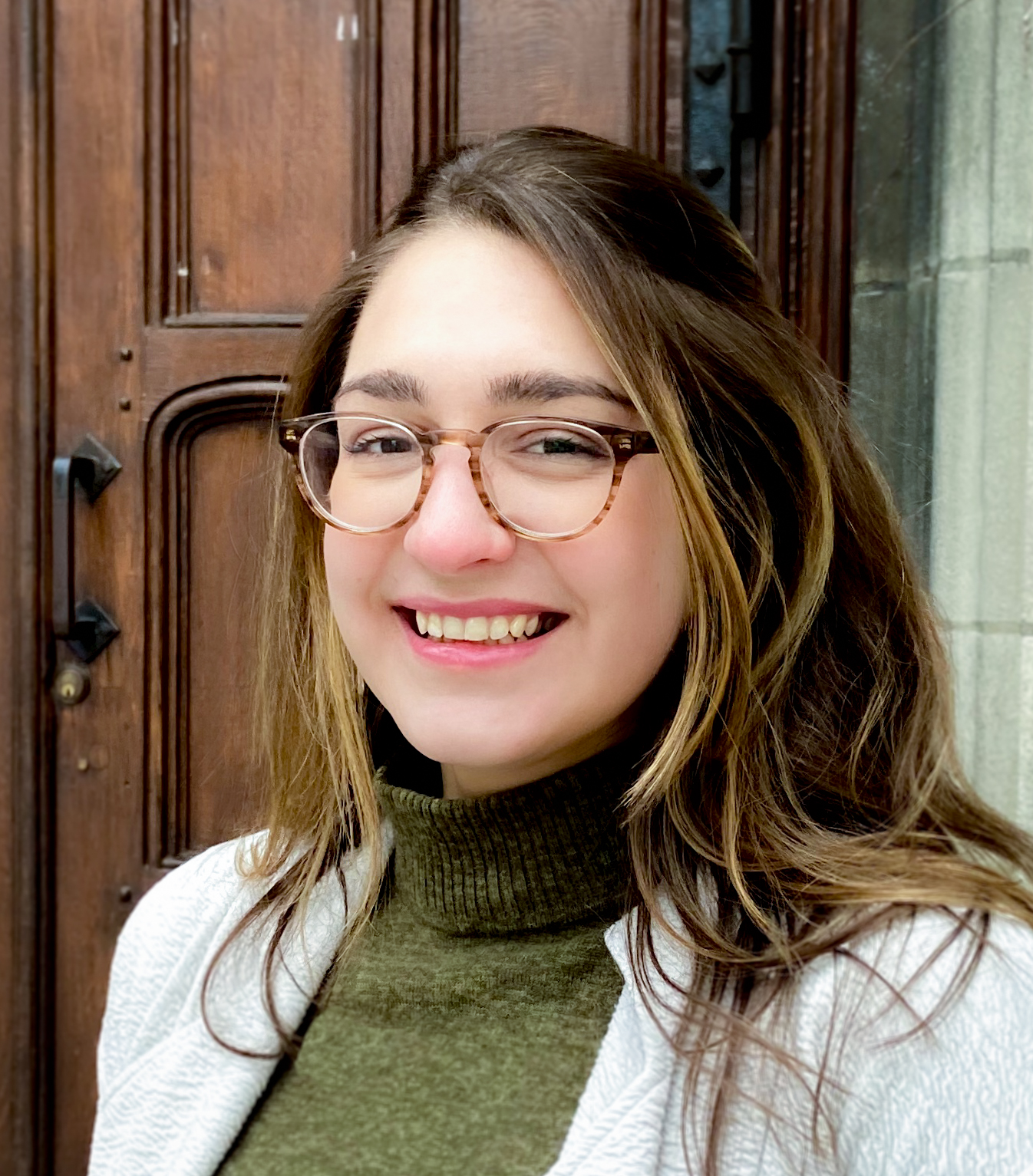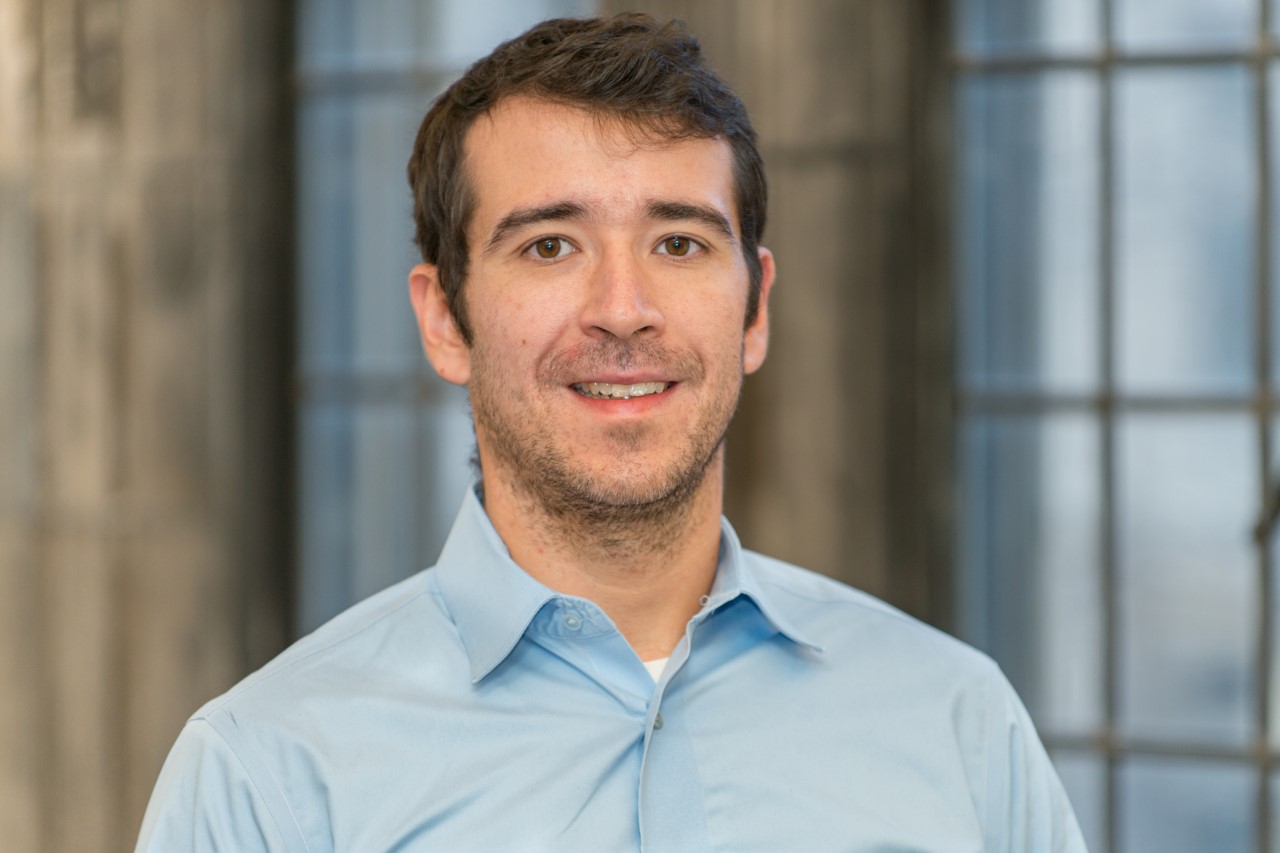
2025-26 Abstract:
In Latin America, mano dura crackdowns typically backfire spectacularly, driving consolidation, expansion, and violent reactions by drug cartels, prison gangs, and other criminal networks. Yet without other options, desperate leaders voice dangerous infatuation with Salvadoran president Nayib Bukele’s authoritarian crackdown suspending civil rights and incarcerating 1.7% of the population. Even if this achieves short-term security at the expense of democratic rule of law, it is likely unworkable in other contexts. The need for alternative approaches could not be more acute.
As such, the unprecedented expansion of a Focused Deterrence policing initiative in Brazil’s Rio Grande do Sul (RS), after initially successful piloting, could be a watershed moment for Latin America. By deploying coercive force strategically, to punish gang leaders for violence occurring in the areas they control, the project promises to reorient gangs’ tactics and even preferences and culture toward less destructive behavior. Together with my Brazilian collaborators, and building on contacts with the governor and Security Secretary, I propose to study and evaluate this exciting initiative from two angles, that of the state agencies working together to strategically coordinate their actions, and that of the criminal groups whose incentives the state is trying to shape. Drawing on local researchers and officials with direct access to both the corridors of power and the state’s prison system---where most of its gang leaders reside---this project will produce a body of in-depth qualitative interviews with both state and criminal actors, providing a unique assessment of this important public policy innovation.
2019-20 Abstract:
This book project explores a paradox of mass-incarceration societies: Prison, the state’s main tool for punishing crime, has become a headquarters for organizing crime, with dire consequences. For example, in May 2006, São Paulo’s Primeiro Comando da Capital (PCC) prison gang launched hundreds of terror attacks on the streets and simultaneous rebellions in 90 prisons, holding the city hostage and forcing significant government concessions. Paradoxically, the same gang imposed a homicide ban in slums that cut homicide rates by 75%. Since then, PCC-type gangs have spread throughout Brazil, and Central America’s prison-based gangs have also produced extreme peaks and troughs of violence. What are the consequences when states depend on criminal organizations to govern sprawling prison systems and underserved peripheries?
My CISSR project exploits the spread of sophisticated prison gangs to every state in Brazil, analyzing real-time changes in street-level crime, violence, and governance. As a 2018 CISSR Fellow, I established connections with Brazilian scholars whose graduate advisees are developing ethnographic research sites in different communities. In eight slums across two states, I piloted a novel “replicated ethnographic observation” methodology: each researcher completes a standardized report for their site, characterizing local prison-gang governance and the processes of gang takeover. As a returning fellow, I will replicate this methodology in 4-6 additional states. This project will produce the first systematic data on prison-based criminal governance in slum areas; strengthen an international network of gang and slum researchers; and provide a model for cross-disciplinary research into sensitive issues like gang governance.
2018-19 Abstract: Inside Out: Prison Gangs’ Criminal Governance as a Threat to State Authority
In 2006, a prison gang held the world’s third-largest city hostage. São Paulo’s Primeiro Comando da Capital launched simultaneous rebellions in 90 prisons and hundreds of synchronized terror attacks on the streets, bringing the city to a standstill and forcing significant concessions from officials. Paradoxically, the same gang imposed a ban on unauthorized homicides throughout the urban periphery, producing a drastic decline in violence. Though extreme, the case is not exceptional: From El Salvador to Chicago, prison gangs have learned to project power beyond prison walls, organizing street-level crime, altering patterns of violence, and using that control as a bargaining chip with states. What happens when prisons—the core of the state’s coercive apparatus—become headquarters for criminal organizations? What are the policy implications when prison gangs come to govern marginalized populations more effectively than weak or absent states ever did?
I propose a systematic assessment of the degree, variation, and impact of prison-based criminal governance on peripheral communities and the illicit markets they house. Through field visits to six Brazilian states, focus groups and interviews with residents, and training of local collaborators for ongoing research, I will produce novel observations of criminal governance across varied contexts. This will help answer critical questions: When and how did prison gangs establish control? What areas of daily life do they impinge on? How do residents feel about gang governance? What are the consequences for states that come to depend on gangs to govern not only sprawling prison systems but under-served and violent urban peripheries?
Bio:
Benjamin Lessing is Associate Professor of Political Science at the University of Chicago. He studies armed conflict and governance by criminal groups that do not seek formal state power, such as drug cartels, prison gangs, and paramilitaries. His first book, Making Peace in Drug Wars (Cambridge, 2018; published in Spanish as Violencia y Paz en la Guerra Contra las Drogas by Ediciones Uniandes, 2020 with the support of CISSR), shows how state crackdowns triggered armed conflict between drug cartels and the state in Brazil, Colombia, and Mexico, and how smarter policies can quell it. His second book, Criminal Leviathans: How Gangs Govern from Behind Bars, forthcoming at Cambridge, shows how mass incarceration and drug repression in Brazil, El Salvador, Colombia, and even the U.S. have fostered sophisticated criminal shadow-governments in prisons and urban peripheries, that simultaneously defy and undergird the modern carceral state. In 2022 he organized and co-edited a tri-lingual Special Dossier on Criminal Governance in Latin America, at the Brazilian peer-reviewed journal Dilemas. He has written and consulted for UNODC, the Brookings Institute, the Small Arms Survey, and others. Lessing holds a PhD in Political Science and an MA in Economics from UC Berkeley, and was a postdoctoral fellow at Stanfaord. Prior to his graduate training, Lessing lived in Rio de Janeiro for five years as a Fulbright scholar and researcher for NGOs including Amnesty International, Oxfam, Justiça Global, and Viva Rio.

2017-18 Abstract: What is the effect of electoral personalism (the personal vote) on policy outcomes and party organization?
In countries throughout the world, electoral systems are based on what is known as proportional representation. Voters cast their votes for their preferred party or candidate, and legislative seats are apportioned according to the number each party/candidate receives. There are different methods of organizing electoral competition in these systems. In closed-list proportional representation (CLPR) systems, voters vote for parties, with the party leadership allocating seats according to its candidate ranking. In open-list proportional representation (OLPR), voters vote for individual candidates. A literature that is nearly three decades old has argued that because of its features, CLPR systems will be more partisan and more focused on national policy since candidates are beholden to a centralized party leadership. OLPR systems will be more candidate-centered, and politicians will place local, parochial interests before the national interest.
The goal of this project is to reconsider this received wisdom and question whether the grip of parties over candidates in CLPR systems is as strong as the conventional wisdom discussed above suggests.
Professor Monika Nalepa together with CISSR visitor, Jose Antonio Cheibub will organize a workshop at CISSR to explore whether the contrast between CLPR and OLPR has been overestimated in both the electoral and legislative arenas. The invited papers from a team of international political scientists will investigate why parties may play a relevant role in affecting candidate behavior in OLPR, both during the campaign and in the legislature.
2018-19 Abstract: Transitional Justice and the Quality of Democratic Representation
How do former authoritarian elites utilize the secret information acquired by the former enforcement apparatus associated with their respective regimes? I seek to learn whether such information can be used to blackmail politicians to make policy concessions, or whether previously undisclosed information about human rights abuses can jeopardize a new democracy's chances of survival. This line of research marks a new direction in comparative politics that examines the relationship between transitional justice (TJ) and the quality of democratic representation. It focuses on policies aimed at vetting political candidates for acts of collaboration with the authoritarian regime, and possible human rights violations committed in the past. This process is known as lustration. Revealing evidence of past authoritarian wrongs may prevent former authoritarian elites from influencing policy in new democracies. In preliminary work, I show that former authoritarian elites' influence tends to decrease with severity of transitional justice, but increases as voters view politicians' involvement with the former authoritarian regime as an important issue. The work also suggests that the effectiveness of TJ policies is reduced in the absence of a free press, as the media's inability to uncover empty threats which allows former autocrats to extract policy concessions. Surprisingly, the magnitude of ideological differences between current politicians and successors of authoritarian elites has no bearing on the ability of former autocrats to extract such concessions. This research will work to develop stronger measure of TJ severity to help evaluate how transitional justice can contribute to stable democratic transitions.
2019-20 Abstract: Autocratic Regime Institutionalization: A Global Dataset
Despite the increasing prominence of studies focusing on authoritarian institutions, accurate measures of autocratic regime institutionalization have yet to be developed, leaving researchers to depend on poor proxies for real institutional strength. In this ongoing project, Monika Nalepa and collaborators hope to fill in this missing data gap by developing a global dataset of autocratic regime institutionalization in which each country-year combination from 1960 to 2015 is scored across various dimensions of institutionalization.
2020-21 Abstract: Transitional Justice and Democratic Stability Lab
Transitional Justice, that is the act of reckoning with a former authoritarian regime after it has ceased to exist, has direct implications for democratic processes. It influences who decides to go into politics, shapes politicians' behavior while in office, and, finally, influences how they delegate policy decisions. That is why mechanisms of transitional justice far from being the epilogue of an outgoing authoritarian regime are a constitutive part of the new democratic order. How successful these democracies become at staying democracies and their overall quality is a direct consequence of transitional justice. Monika Nalepa’s is currently working on a project to test a theoretical model of post-authoritarian purges by examining the relationship between post-authoritarian purges and the quality of democracy in countries that have transitioned from authoritarian rule.

Biography:
Genevieve Bates is a PhD candidate in political science at the University of Chicago. Her research interests include political violence, post-conflict politics, transitional justice, and international criminal law. She is a member of the Transitional Justice and Democratic Stability Lab, and a doctoral fellow with the Pozen Family Center for Human Rights. She has published in Perspectives on Politics. She received a BA in political science from Yale University, with a concentration in comparative politics. Before entering the PhD program, she spent several years working on international criminal matters at the US Department of Justice's Office of International Affairs. You can find out more information about her at www.genevievebates.com.
Dissertation:
Genevieve’s dissertation examines how those who participate in conflict determine who must be held accountable for atrocities committed, and what forms that accountability should take. It also explores the extent to which an international community in favor of accountability, exemplified by the International Criminal Court (ICC), can influence the justice mechanisms parties to a conflict agree to implement themselves. Under what conditions is the ICC, and the international community in general, effective in creating incentives for human rights violators to agree to punish themselves? While much of the literature remains divided about the effects of international courts on domestic politics, Genevieve suggests that under certain conditions, international criminal tribunals can have important effects. Using insights from game theory and a combination of quantitative and qualitative analysis—including data gathered during more than six months of fieldwork in Colombia—she argues that the international community can have an indirect effect on the accountability parties to a conflict face, acting as a “shadow” in the background of negotiations. The domestic processes established under the shadow of tribunals like the ICC are reflective of international and domestic power politics that can hurt or, under some conditions, actually help those most responsible for atrocity.

Biography:
Onursal Erol is a doctoral candidate in Political Science at the University of Chicago. Prior to coming to Chicago he has obtained a MSc at Lund University in Sweden, and a BA in Bogazici University in Turkey. His dissertation research is situated at the intersection of gender politics, social movements and contentious politics, and critical geography. The multi-site archival research he conducted was funded by the Orin Williams Grant. In addition to his research, Onursal has been a 2018-2019 Mansueto Urban Fellow, supervised BA theses as a preceptor in both Political Science and Global Studies programs, and taught political science and human rights courses.
Dissertation:
Onursal’s dissertation investigates the genealogy of urban space and its gender politics in Istanbul. It takes its cue from the Gezi Park Uprising, which started as a small-scale urban conservationist protest against the demolition of a public park but evolved to feature the unmistakable hypervisibility of gender politics as one of its main constituents. He contends that access to the emphatic cultural aspects of political contention requires us to see past the dazzling qualities of the spectacle. Beyond the spectacle of the "event" lies continuous, non-episodic, and historically contingent forms of claims-making over urban public space. I marshall archival materials that date as far back as 1716 and consist of historical maps, urban plans and urban planning competitions, world exhibitions documents, government correspondence, periodicals, private travel albums, letters, diaries, and travelogues. The through line he extracts from them revolves around the continuous ways of governing, designing, and representing gender in urban Istanbul, as well as resenting, resisting, and negotiating being gendered in it. Onursal’s research uncovers a local genealogy of the relationship between gender and public claims-making in this inveterately urban city, where the continuous intermingling and segregation of bodies, the sedimentary accumulation and erasure of the spatial manifestations of gender norms, the endless traumatic repurposing of public space as the ostensible panacea to the ruptures of war, genocide, modernity, downfall, revolution, emancipation, and liberation take the stage as the primary explanatory factors behind contingent forms of gender contention.

Biography:
Mark Deming is a PhD candidate in Political Science at the University of Chicago. Prior to his doctoral studies, Mark completed his MA in International Relations at the University of Chicago’s Committee on International Relations. Mark’s research centers on authoritarian regimes, regime transitions, and political parties and party systems. Mark has conducted extensive field research in Latin America. His research has been funded by the US Department of Education, the University of Chicago’ Center for Latin American Studies, and the University of Chicago’s Center for International Social Science Research.
Dissertation: Coping with Democracy: Authoritarian Successor Party Regeneration in Latin America
Political parties founded by outgoing dictatorships have emerged as major competitive players in a host of Latin American party systems. Existing work attributes the success of these so-called authoritarian successor parties (ASPs) to the preponderant organizational resources they possess upon democratic transition. Yet some of the most competitive ASPs in Latin America entered democracy not in positions of preponderant strength but perennial weakness. Why do habitually weak and seemingly discredited ASPs emerge as major competitive players in democracy?
My project links ASP fates to the shape of conflict during democratic transition and its immediate aftermath. Where sustained demand for economic redistribution or greater political inclusion generated shared perception of threat among political elites of every stripe, ASP survival was predicated on collusion—that is, the construction of broad ruling coalitions that encompassed both ASPs and their former opposition. In the absence of such demand, conflict directed against ASPs (e.g., transitional justice or political retribution) facilitated party-building strategies by supplying ASPs with the activist networks and ethos of struggle that are perquisites for the construction of mass parties.
My project elucidates and tests this conflict-based argument using statistical analysis of outcomes for all Latin American ASPs since 1990 as well as detailed qualitative analysis of ASPs in Chile and Peru.

Biography:
Sana Jaffrey is a PhD candidate in the Department of Political Science. She is interested in comparative democratization, political violence and governance of non-state security actors in Southeast Asia. Her dissertation project investigates the rise and entrenchment of vigilantism in new democracies. Specifically, she draws on original quantitative data and extensive fieldwork in Indonesia to show how legacies of authoritarian state-building interact with democratic politics to produce sub-national patterns of order and disorder.
Before coming to Chicago in 2013, Sana led the design and implementation of the National Violence Monitoring System (NVMS) program at the World Bank’s Jakarta office. She has a BA from the University from Pennsylvania and an MA from the University of Michigan. Read more about Sana’s research and publications at: https://chicago.academia.edu/sjaffrey

How does the interaction between elected leaders and bureaucrats impact foreign policymaking? Political scientists in American and comparative politics have shown that the relationship between leaders and bureaucrats is often plagued by suspicion, fear, and rivalry. Yet when and how the relationship between a leader and the foreign policy bureaucracy turns sour remains undertheorized in international relations, as are the foreign policy implications thereof. Using a comparative case study approach, I trace the implications of leader-bureaucracy conflict through archival materials and interviews with policymakers and bureaucrats in India, the United States, and other democracies with substantial foreign policy establishments. I argue that leaders want to maximize their control over foreign policy choices with the fewest concessions possible to other elites, including bureaucrats. When leaders and foreign policy bureaucrats are at odds, leaders may reduce the autonomy of the bureaucracy, reallocate personnel and other resources, alter bureaucratic norms, or sideline deliberative bodies to ensure their decisions are faithfully implemented. The strategies leaders select will depend on leaders’ pre-tenure beliefs about trustworthiness of the country’s foreign policy bureaucrats and the political consolidation of the bureaucracy.
Biography:
Emily Tallo is a Ph.D. student in political science at the University of Chicago. Her research focuses on the domestic politics of international relations and democratic foreign policy behavior, with a regional focus on South Asia. Her dissertation research is on the conflictual dynamics between leaders and foreign policy bureaucrats in democracies. Formerly, she was a researcher at the Stimson Center’s South Asia program in Washington, DC. Her commentary has been featured in Foreign Policy, The Washington Post’s Monkey Cage blog, War on the Rocks, The Wire, and The Diplomat. She holds a B.S. in International Studies from Indiana University and an M.A. in political science from the University of Chicago.

In March 2009, in the runup to the first summit meeting between UK Prime Minister Gordon Brown and U.S. President Barack Obama, the White House made a seemingly crucial mistake. Speaking from the podium, Press Secretary Robert Gibbs dared to say that the two countries had a “special partnership,” a deviation from the traditional moniker of “special relationship.” Immediately, British diplomats and the press scrambled to find meaning in this switch and to lodge protests about the perceived insult. Why did the British care so much about such a small change? Despite being overlooked in much of the international relations literature, it is clear from diplomatic incidents like this that in the daily practice of foreign policy, words really do matter. In my dissertation, I show that this is because even small wording choices are signals of state intentions. Introducing the concept of bureaucratic costliness, I argue that far from being cheap talk, the process of crafting and shifting state rhetoric actually involves significant investments of time, energy, and political will. Using a broad, multimethod approach, including interviews with State Department officials, computational text analysis, and archival work, I investigate how and why states use rhetoric to send and receive credible signals about their foreign policy intentions.
Biography:
Jenna Gibson is a PhD candidate in the Department of Political Science at the University of Chicago in the subfield of International Relations. Her research interests include: foreign policy rhetoric, public and cultural diplomacy, South Korean politics and social issues, and U.S.-Korea relations. Jenna was a regular contributor to the Korea column for The Diplomat for three years, and has also written about Korean politics and social issues for media outlets like Foreign Policy and NPR, and for think tanks like the Carnegie Endowment for International Peace. She also speaks regularly about these issues, including for outlets such as The New Yorker, the BBC, and for organizations such as the Center for American Progress and The Korea Society. Before pursuing her doctorate, Jenna was Director of Communications at the Korea Economic Institute of America (KEI). She previously lived for two years in Cheonan, South Korea as a Fulbright English Teaching Assistant. Jenna earned a Master of Science in Foreign Service degree from Georgetown University in 2015, and a Bachelor of Journalism from the University of Nebraska-Lincoln in 2011.

Since 2011, popular uprisings in the Middle East have successfully forced out authoritarian rulers but failed to fully dislodge authoritarian systems of rule. The Sudanese Uprising of 2019, which successfully ended the 30-year reign of Omar al-Bashir now finds itself in similar circumstances to Egypt and Tunisia, which saw their democratic openings forestalled by military or political elites who carried out promissory coups in the name of preventing economic or civil strife. Despite continued protests across the nation by a decentralized network of resistance committees and the efforts of international organizations, the military remains firmly in control. Sudan’s case and the lack of other examples of democratic transition among the post 2011 Arab Uprisings raises a question: what makes the transitional process so fragile? Why did Sudan’s military coup seem inevitable less than two years after the country’s transition to democracy began and how can protesters fight to get it back on track? Finally, are popular uprisings, while able to force out authoritarian rulers, unable to fully dislodge authoritarian systems of rule?
Biography:
Walker Gunning is a PhD candidate in the Department of Political Science specializing in comparative politics. His research interests include unfinished revolutions, and the ways revolutionary groups seek to maintain their political influence during the post-uprising transitional period and beyond. He is currently working on his dissertation "Giving The Street the Last Word: Protest and Counter-Revolution in Sudan" supervised by Lisa Wedeen (Chair), Susan Stokes, and Cathy Cohen.
Walker holds a master's degree in Political Science from The University of Chicago, a master's degree in Near Eastern Studies from New York University (NYU), and a bachelor's degree in Middle Eastern and Islamic Studies from NYU. He is the former executive director of CPOST, a research center at the University of Chicago, the former associate editor of Al-Monitor.com, a website covering the Middle East, and has previously worked on independent and documentary films, including an Oscar-nominated documentary short.

Democracies are weakened, and may even die, only rarely via coup d’états. More commonly they suffer erosion from within by democratically elected officials. The phenomenon of democratic backsliding is not limited to well-known cases like Turkey; it is also becoming increasingly visible in advanced democracies such as the United States. My research seeks explanations for how and why democracies die by focusing on political rhetoric as one important site where the dynamic process of democratic backsliding can be tracked and analyzed. Utilizing an original dataset of incumbent speeches, I explore the strategic variation in politicians’ rhetoric. Many theorists of backsliding emphasize the stealth of would-be autocrats: they hide their intentions to undermine democracy until they are safely in office. But this assumption should be scrutinized empirically. First, I use a systematic analysis of political discourse to determine at what point would-be autocrats choose to reveal their authoritarian intentions by engaging in anti-democratic appeals. I use this information to discern the degree to which democratic backsliding actually is a stealthy process. Second, by examining the timing, intensity, and patterning of anti-democratic rhetoric, my research evaluates whether words can indeed serve as early-warning signs of autocratic intent while casting light on the discursive mechanisms through which democracies backslide.
Biography:
Ipek Cinar is a PhD student in the department of Political Science at the University of Chicago, studying comparative politics and quantitative methodology. Her research interests include democratic backsliding, political regime transitions and stability. Before joining the PhD program, she received an MA in Social Sciences from the University of Chicago, and a BA in Economics and Business (Double Major) from Koc University, Turkey.